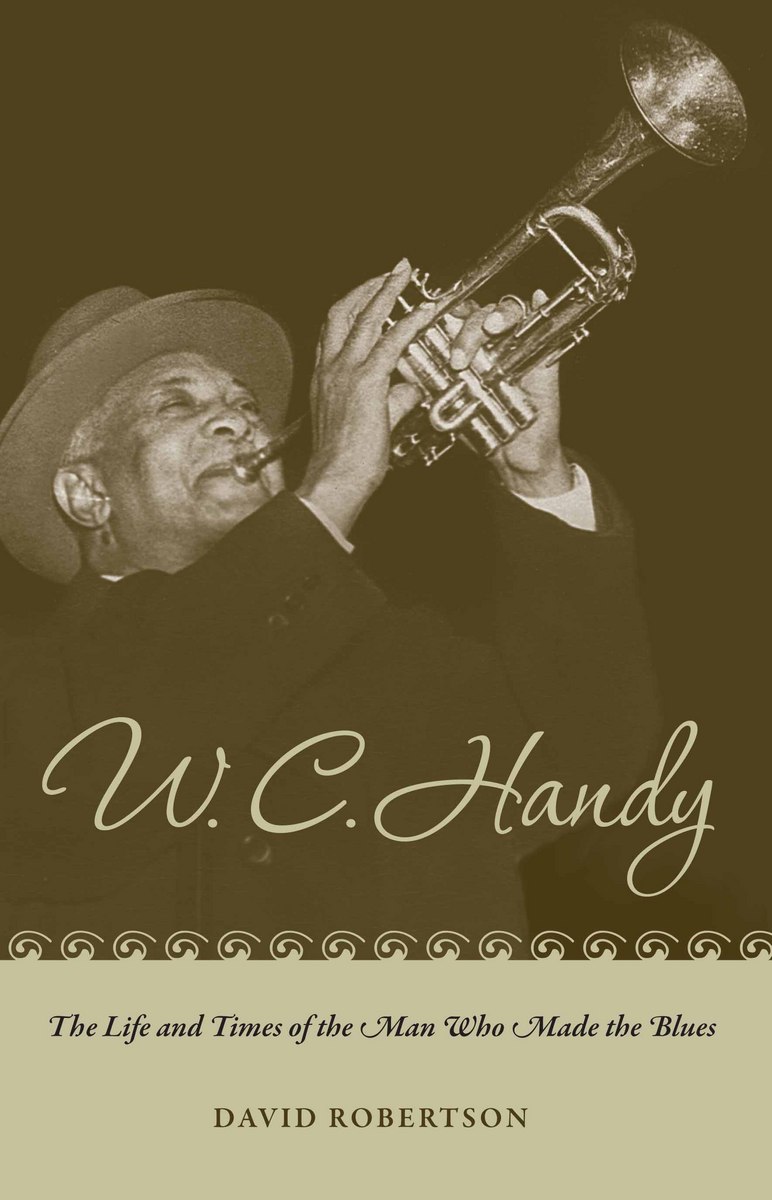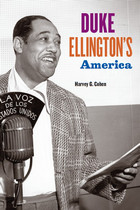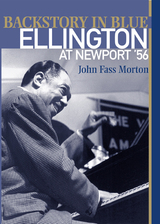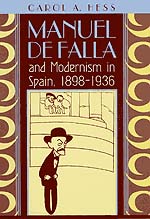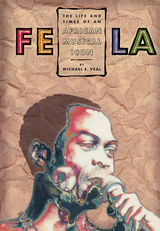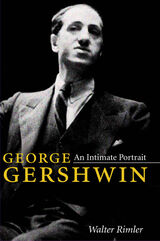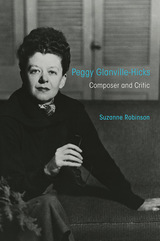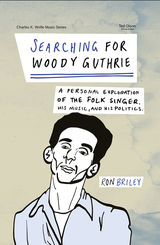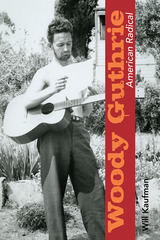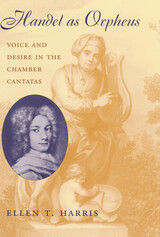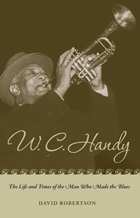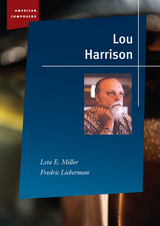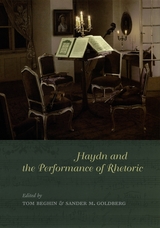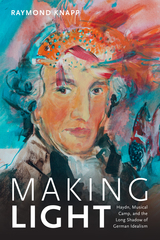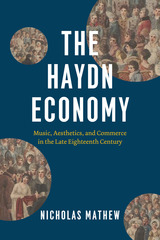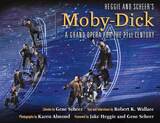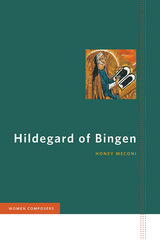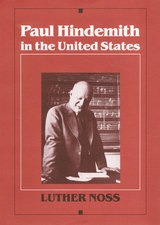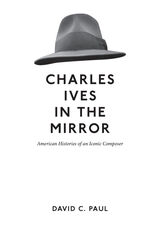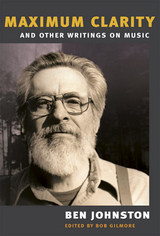W. C. Handy: The Life and Times of the Man Who Made the Blues
University of Alabama Press, 2011
eISBN: 978-0-8173-8604-7 | Paper: 978-0-8173-5696-5
Library of Congress Classification ML410.H18R63 2011
Dewey Decimal Classification 782.421643092
eISBN: 978-0-8173-8604-7 | Paper: 978-0-8173-5696-5
Library of Congress Classification ML410.H18R63 2011
Dewey Decimal Classification 782.421643092
ABOUT THIS BOOK | AUTHOR BIOGRAPHY | REVIEWS | TOC
ABOUT THIS BOOK
David Robertson charts W. C. Handy’s rise from a rural-Alabama childhood in the last decades of the nineteenth century to his emergence as one of the most celebrated songwriters of the twentieth century. The child of former slaves, Handy was first inspired by spirituals and folk songs, and his passion for music pushed him to leave home as a teenager, despite opposition from his preacher father. Handy soon found his way to St. Louis, where he spent a winter sleeping on cobblestone docks before lucking into a job with an Indiana brass band. It was in a minstrel show, playing to racially mixed audiences across the country, that he got his first real exposure as a professional musician, but it was in Memphis, where he settled in 1905, that he hit his full stride as a composer. At once a testament to the power of song and a chronicle of race and black music in America, W. C. Handy’s life story is in many ways the story of the birth of our country’s indigenous culture—and a riveting must read for anyone interested in the history of American music.
See other books on: 1873-1958 | Composers | Handy, W. C. (William Christopher) | Robertson, David | Times
See other titles from University of Alabama Press
